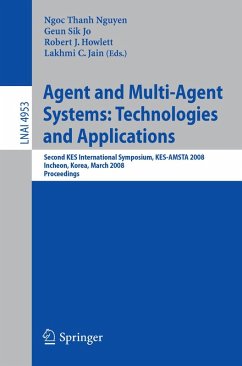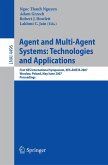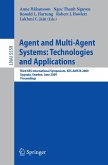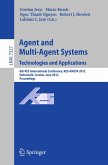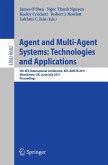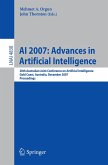Following from the very successful First KES Symposium on Agent and Multi-Agent Systems - Technologies and Applications (KES-AMSTA 2007), held in Wroclaw, Poland, 31 May-1 June 2007, the second event in the KES-AMSTA symposium series (KES-AMSTA 2008) was held in Incheon, Korea, March 26-28, 2008. The symposium was organized by the School of Computer and Information Engineering, Inha University, KES International and the KES Focus Group on Agent and Mul- agent Systems. The KES-AMSTA Symposium Series is a sub-series of the KES Conference Series. The aim of the symposium was to provide an international forum for scientific research into the technologies and applications of agent and multi-agent systems. Agent and multi-agent systems are related to the modern software which has long been recognized as a promising technology for constructing autonomous, complex and intelligent systems. A key development in the field of agent and multi-agent systems has been the specification of agent communication languages and formalization of ontologies. Agent communication languages are intended to provide standard declarative mechanisms for agents to communicate knowledge and make requests of each other, whereas ontologies are intended for conceptualization of the knowledge domain. The symposium attracted a very large number of scientists and practitioners who submitted their papers for nine main tracks concerning the methodology and applications of agent and multi-agent systems, a doctoral track and two special sessions.
Dieser Download kann aus rechtlichen Gründen nur mit Rechnungsadresse in A, B, BG, CY, CZ, D, DK, EW, E, FIN, F, GR, HR, H, IRL, I, LT, L, LR, M, NL, PL, P, R, S, SLO, SK ausgeliefert werden.

